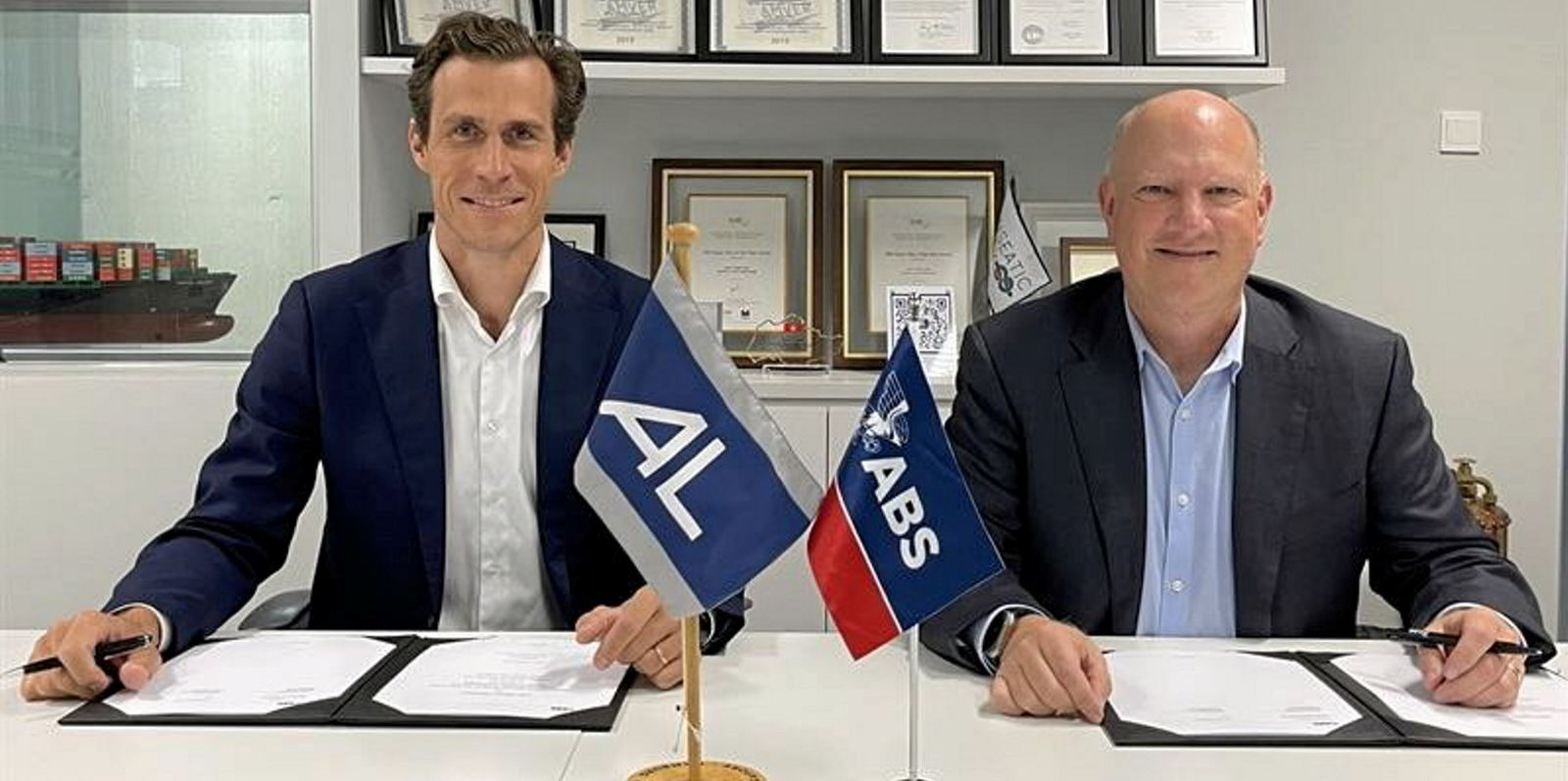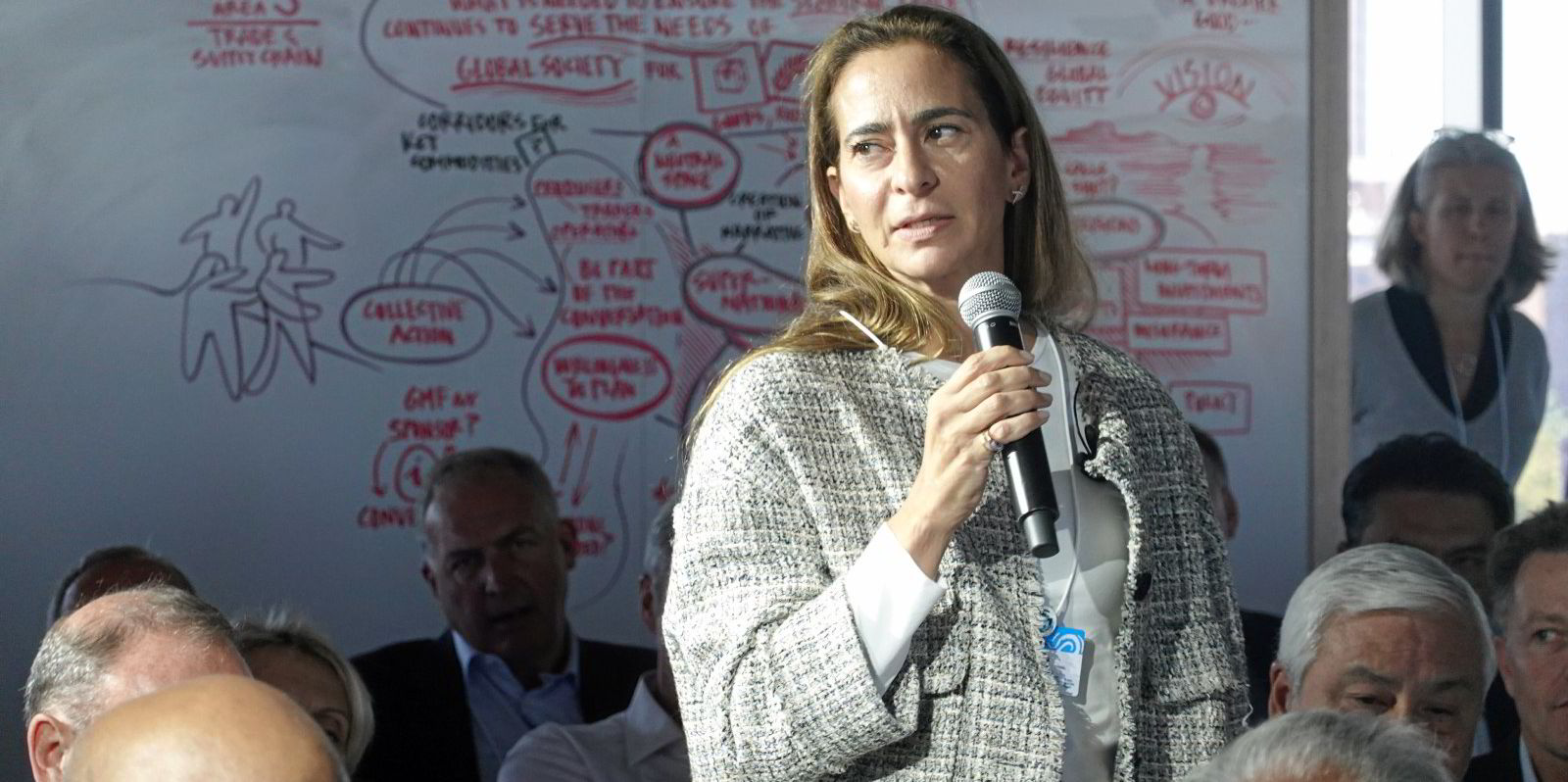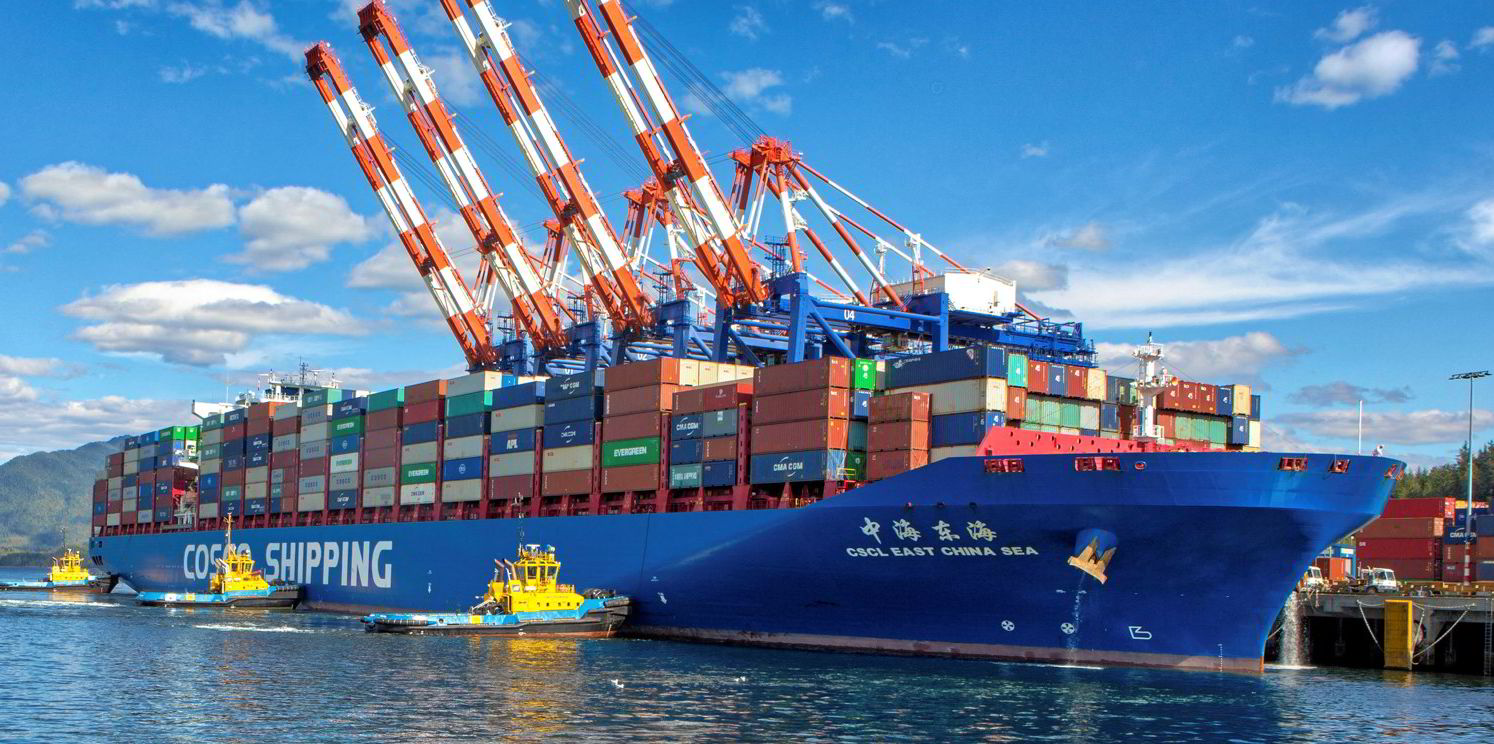Asiatic Lloyd and Atlantic Lloyd (AL Group) are considering converting a series of ultramax bulker newbuildings on order in China to run on methanol, the company has confirmed.
The Singapore-based shipowner has teamed up with classification society American Bureau of Shipping in a joint development project to study the feasibility of such a conversion.
The study is focused on a series of up to eight ABS-classed bulkers ordered at New Hantong Shipyard, China.
“Converting vessel propulsion systems to take advantage of the decarbonisation potential afforded by methanol is going to be an important part of the industry’s green energy transition,” said ABS president and COO John McDonald.
Friedrich Bunnemann, managing partner of AL Group and Asiatic Lloyd Maritime, said the move was part of the company’s “unwavering dedication on our journey of sustainability and efforts on decarbonisation”.
“This joint development project with ABS allows us to explore actively the adoption of low-carbon fuel options for our future fleet while fortifying our commitment to environmental stewardship, emissions reduction and innovation,” he added.
ABS has been proactive in promoting the adoption of methanol as an alternative fuel for the global shipping industry.
Earlier this year, it announced that it was working with Singapore shipowner Berge Bulk to evaluate the feasibility of converting a 210,000-dwt bulker newbuilding in Japan to methanol fuel propulsion.
The six-month study looks at a broad range of subjects, from the availability of methanol fuel and the practicalities of bunkering to the review of technical and economic aspects of the conversion.
ABS also recently announced it was working with Algoma Central Corp on two, methanol-ready, 37,000-dwt ice-class product tanker newbuildings.
This followed an order from the same owner for two, 72,250-dwt, methanol-ready, kamsarmax-based ocean belt self-unloading vessels that will also be built to ABS class.
Methanol-capable vessels are making up a greater proportion of newbuilding orders this year, according to recent figures from Clarksons.
The world’s largest shipbroker said that methanol vessels now account for 36% of the 323 alternative-fuel ships ordered this year, up from 11% in 2022.
On Wednesday, US-listed Diana Shipping became the latest company to join the ranks of shipowners who have taken the plunge and ordered methanol-fuelled vessels.
The company has signed letters of intent for two 81,200-dwt dual-fuelled vessels at Tsuneishi Group (Zhoushan) Shipbuilding in China for $46m per ship.





